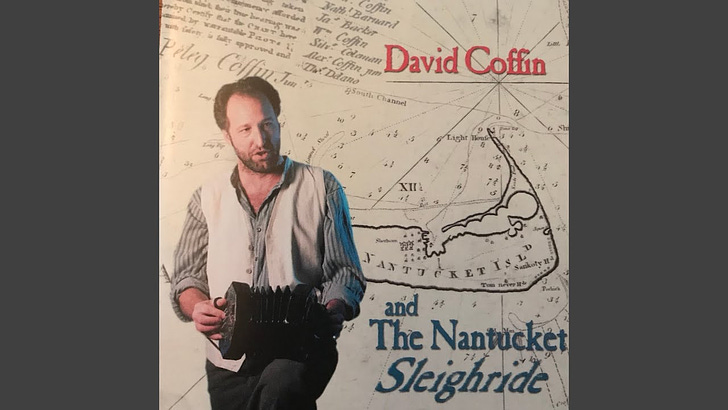Songwriting really is terrifying.
You open up your phone and discover that one of the biggest sea shanty/nautical groups in the world (and some dear friends), the Longest Johns, have just covered Roll Northumbria. And you think: jeez. If I’d known lots of people would be singing this, I probably would have spent a little more time on the melody and making sure the lyrics made sense. You think back to that dumb evening drunk alone watching Game of Thrones suddenly hitting on the melody for Northumbria, and you think: i had no idea that I was just casually plonking away on something that would be sung by many different artists in ten years. Yikes.
Conversely, you look at the stuff you’re writing now and all you see is this massive chasm between what it is and what it should be. You think: this one’s headed for the dustbin for sure.
And when you’re always listening to a guy like Stan Fucking Rogers, you suddenly have moments where you realize what a unique, intuitive genius he was, and you feel so humbled by it that you just stop writing for a few days.
Today, I want to write about a single word in Stan’s song, “Tiny Fish For Japan”. Here’s David Coffin’s wonderful version:
This song is fantastic and brilliant and poignant and prophetic. I could talk for hours about the politics in it, about the truth in its message and about how we are all now just waking up to the real dangers of economic globalization, which hollows out communities and leaves them vulnerable to all kinds of social decay. Hey, sometimes I do talk for hours about it, and they even pay me!
But today, instead, I want to talk about a single word choice.
Now, in this song, Stan has already told us about the poor fishermen in a small seaside village, reduced to trawling for smelt in order to pack it up and send “17 tons of this garbage each day” off to Japan. “What kind of fisherman can’t eat his catch?” he asks, “Or call what he’s taken his own?”
Marx called this alienated labor, work that produces a product that is not a reflection of you or your identity in any sense. You don’t have to be a Marxist to see that this kind of work is definitely hard, depressing, sometimes downright tragic. Especially for those who remember when it was different.
And so, in one of the final sections, Stan brings us to the “Norfolk Hotel”, which is a real historic establishment in Port Dover, Ontario, a fishing village that may be the location for the song. And he sings:
In the Norfolk Hotel over far too much beer
The old guys remember when the waters ran clear
No poisons with names that we can’t understand
And no tiny fish for Japan.
There is a word choice in here that is so perfect and so subtle that you wouldn’t really notice it. But after 1000 listens, I hear it. What the word? The word is “guys”.
Why is Stan’s choice of “old guys” so good? Because at this point in his career Stan has released about 20 nautical songs and sea shanties, because he has immersed himself in the British/Irish history of those songs, and because every English speaking nautical songwriter in the history of English Speaking nautical songwriting would have sung “the old boys remember”.
It’s almost mandatory to have a line in these songs that goes “me boys”, as Old Maui does, as seven other Stan songs do, as Northumbria does and as countless others. It is the obvious choice. It would have slotted the song straight into the tradition and given it that slightly “yo ho ho”, Pirates of the Caribbean feel that we all know and love and make money from and feel vaguely weird about.
But it’s not how Canadians talk. Rural Canadians don’t talk like Brits. We are just as likely to say “guys”, a more North American term. The word choice is genius because Stan was channeling the spirit of the people he was actually singing about, using their words to say something about them. And I wasn’t there when he was writing it, but I’d bet a lot of money that the original lyric sheet had the word “boys” written down, crossed out and replaced with “guys”.
This is one of the hardest things to do: when you’re writing songs from the perspective of other people—i.e. when you’re not blandly following the pop tradition by engaging in self-absorbed narcissistic emoting about your own sqwishy widduw fee fees—you have to use their words and capture their spirit. Little choices like “old guys” make a small difference, but they are the key that tells you that a songwriter is dialed in.
Anyway, I’m off to dial myself in with a cider and try to finish this new polka punk song. The band is having its first jam with the new tunes in 14 days. IT’S HAPPENING, MAN.




As an American, I appreciate this insight. That's not something I ever would've given a second thought in terms of word choice.
But more importantly: FUCK YEAH MORE POLKA PUNK
Yep - quite profound - word choice acknowledgement and respect ♥️... and don't think you can slip in the ole 14 days thing and think I'm not counting down - I make that 12 days now and excitement rising ... !!